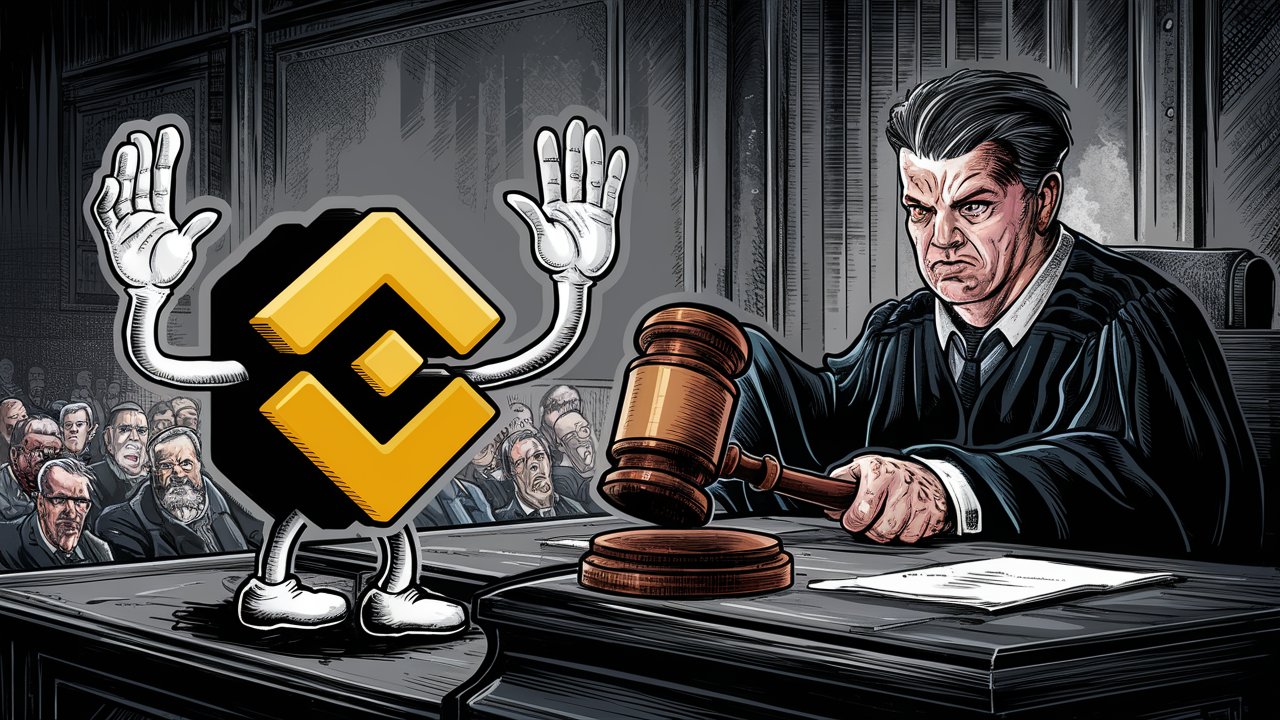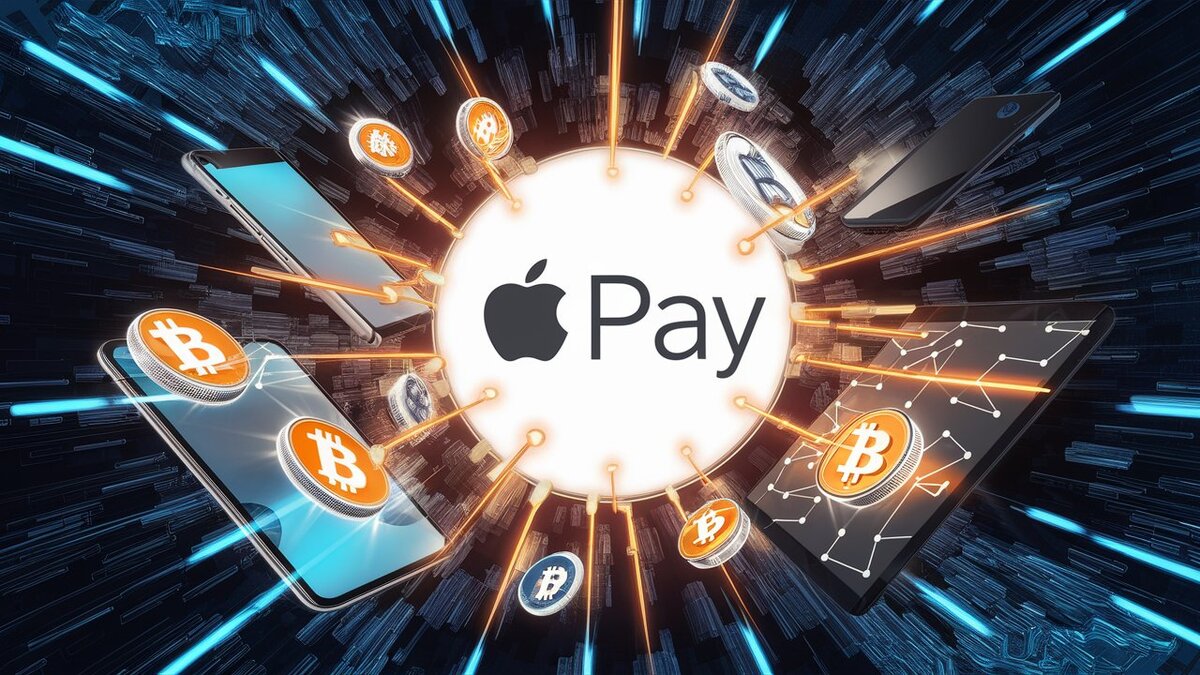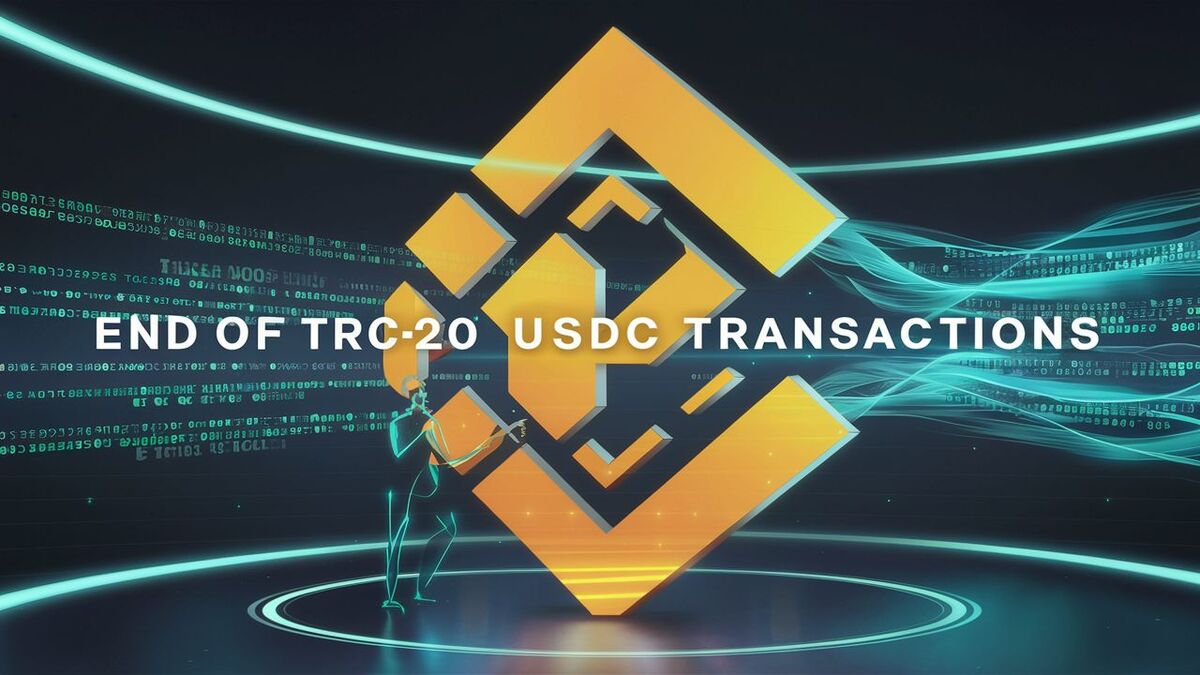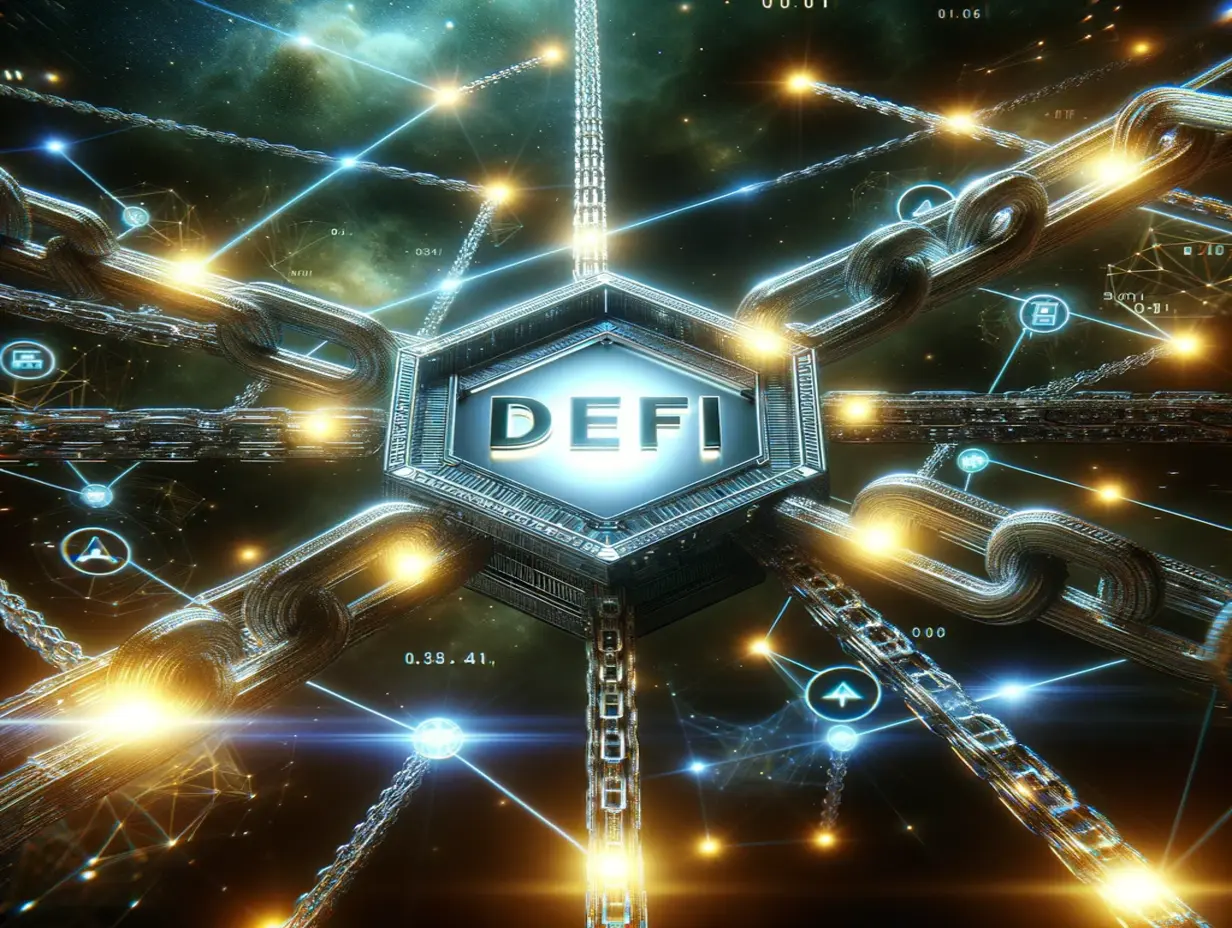
Blockchain technology is increasingly being considered a solution to address concerns surrounding the integrity of electoral processes worldwide. This technology, known for its decentralized nature and cryptographic security features, promises to enhance transparency and rebuild trust in elections. Brian Rose also plans to launch a new cryptocurrency in London to advance financial literacy in the Greater London region.
In his words, Rose commented,
“Wouldn’t we all sleep better at night if the voting system was on the blockchain and you could really prove that identity and you could actually prove that vote and there would be an immutable record? This is the future and I think it takes someone like me who comes from a business background who’s intimately involved in the blockchain.”
Blockchain voting systems offer a secure and tamper-resistant method for casting and counting votes. By leveraging decentralized networks and cryptographic principles, these systems aim to minimize the risk of fraud and manipulation, providing a reliable record of every vote cast.
Potential benefits and challenges
The public’s confidence in political parties and election procedures has recently declined. According to a report released in March 2024 by the Office for National Statistics (ONS), the percentage of the British public that said they trusted political parties fell to 12% in 2023 from 20% in 2022.

Trust Level of the Public in Institutions in the UK as of 2023
Proponents of blockchain-based voting emphasize its potential to address longstanding issues such as voter suppression and election fraud. By providing a verifiable and immutable record of votes, this technology could ensure the accuracy and fairness of electoral outcomes, potentially increasing voter turnout and participation.
However, critics like Brian Rose raise concerns about scalability, accessibility, and regulatory challenges. While blockchain technology holds promise, widespread adoption may require overcoming regulatory hurdles and ensuring accessibility for all voters, including those without access to digital devices or reliable internet connectivity.
Global initiatives and skepticism
Despite these challenges, several countries and jurisdictions are exploring implementing blockchain-based voting systems. For instance, Estonia has been experimenting with e-voting since 2005, leveraging blockchain technology to enhance the security and integrity of its electoral processes.
Various states and localities have piloted blockchain-based voting initiatives in the United States in recent years. Proponents argue that these systems could help address concerns about election security and restore public trust in the democratic process. However, skepticism remains among some experts and policymakers.
The Future of Blockchain-Based Voting
As the debate surrounding blockchain-based voting continues, the future of this technology remains uncertain. While proponents are optimistic about its transformative potential in electoral governance, concerns about cyber attacks, technological vulnerabilities, and voter privacy persist.
Regardless of these challenges, the quest to enhance the integrity and fairness of electoral processes drives innovation in digital democracy. Blockchain-based voting systems could play a significant role in restoring trust in democracy worldwide, provided that the issues of scalability, accessibility, and security are effectively addressed.
Blockchain-based voting promises to revolutionize electoral processes by enhancing transparency, security, and trust. While proponents believe this technology can address longstanding issues such as voter fraud and manipulation, scalability, accessibility, and regulatory hurdles remain significant obstacles to widespread adoption.
Read More: Kenya Taps Volcano Energy to Power Bitcoin Mining and Rural Homes
























































